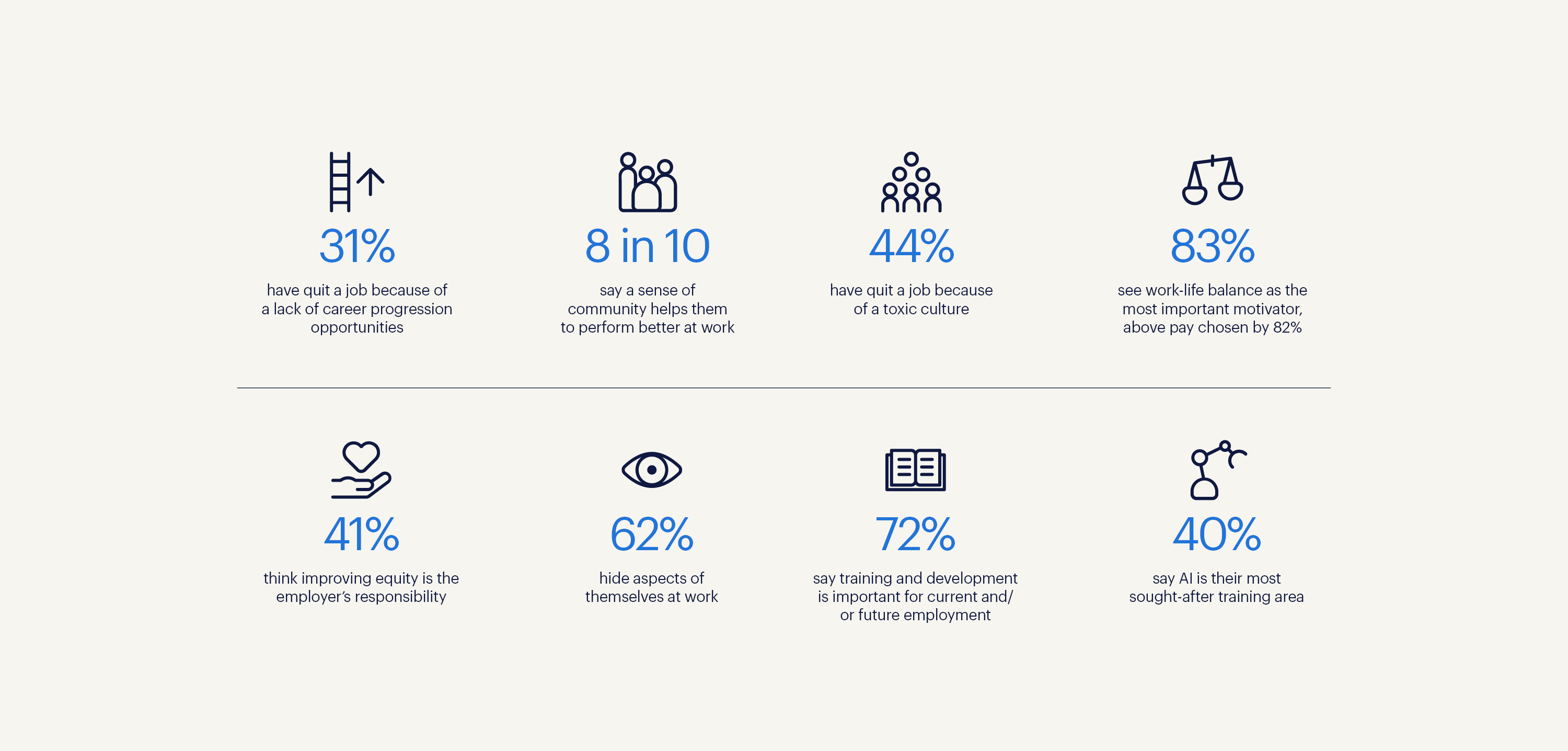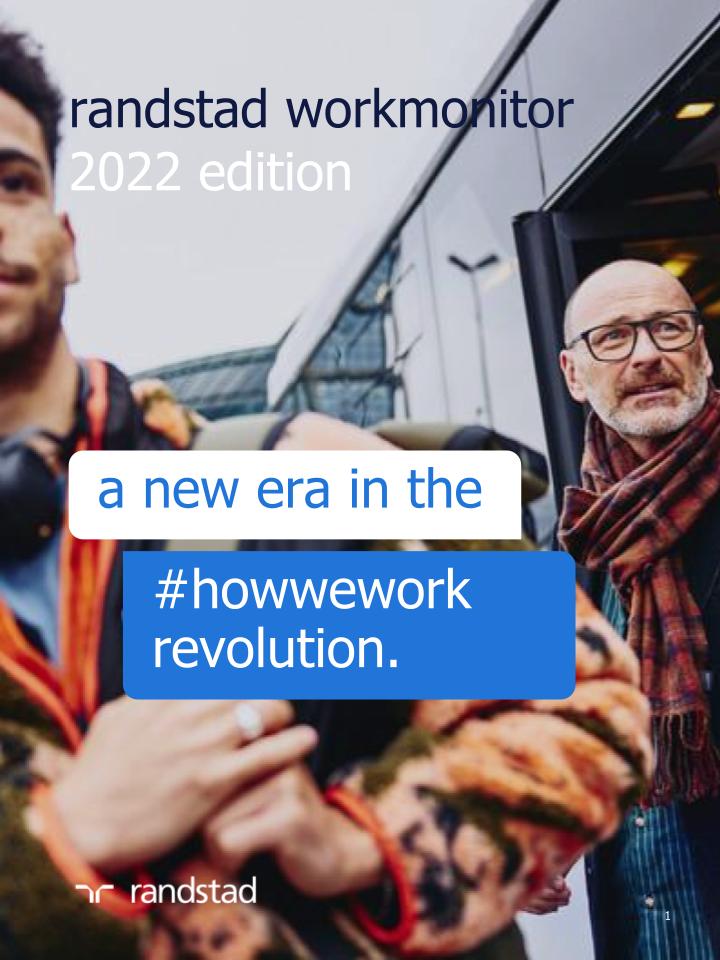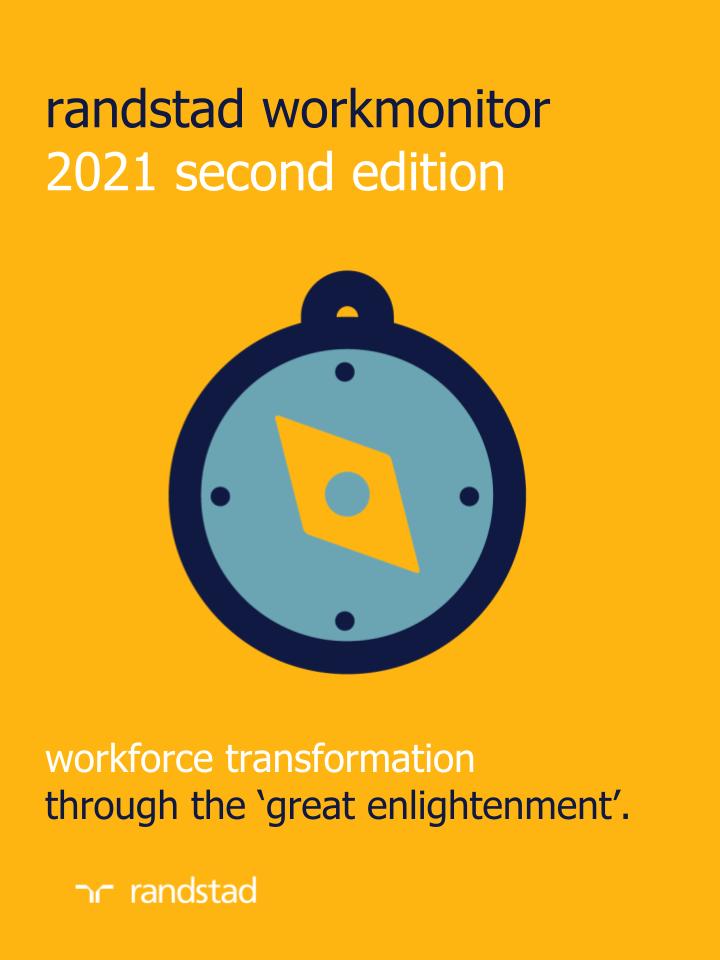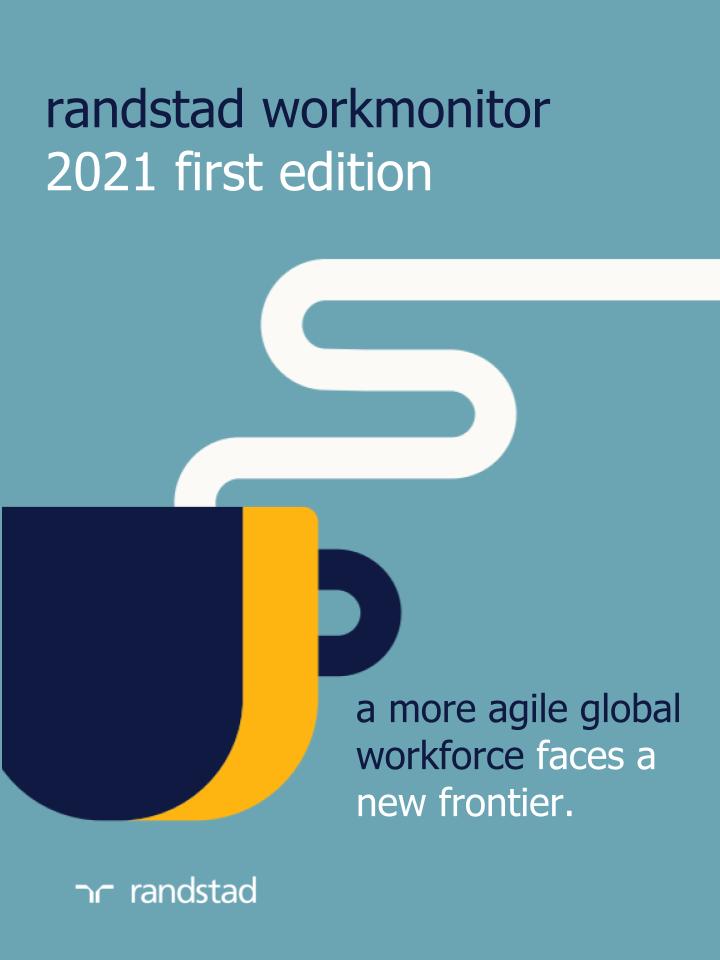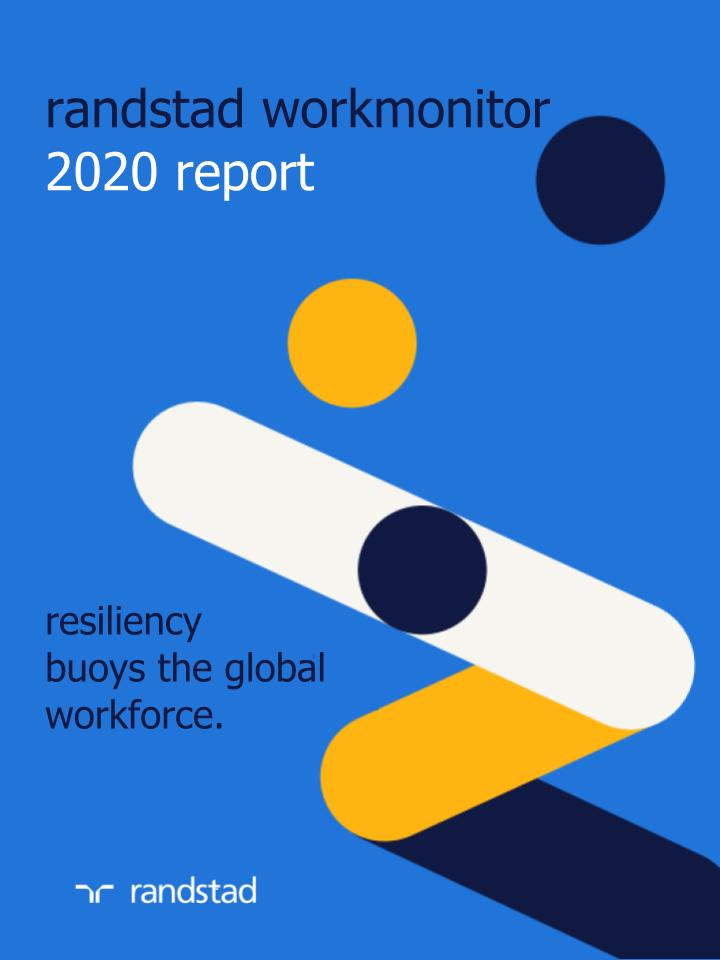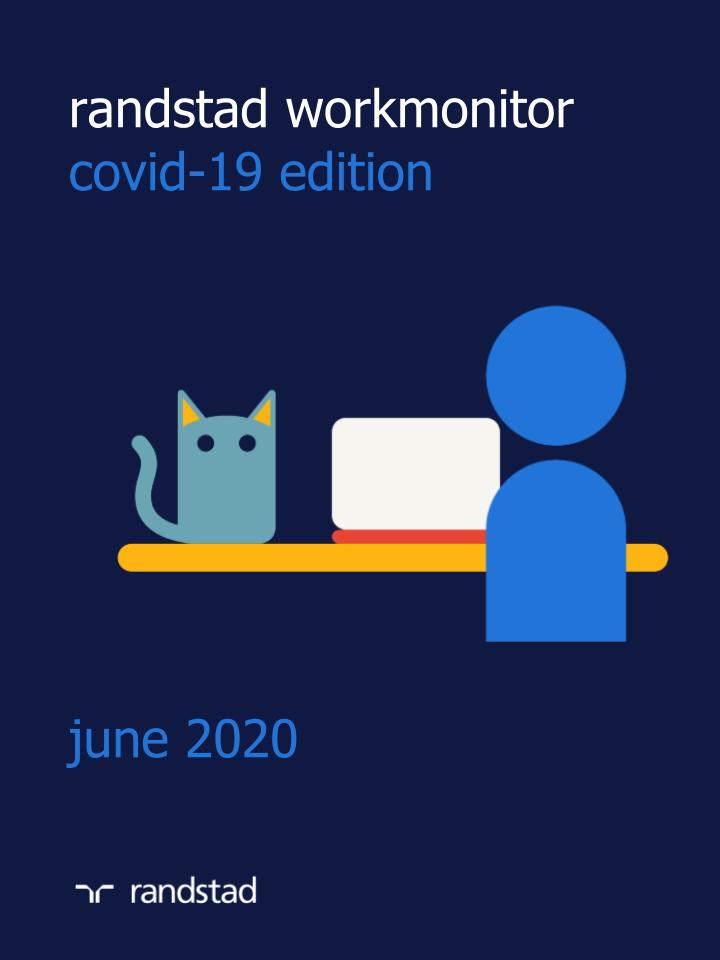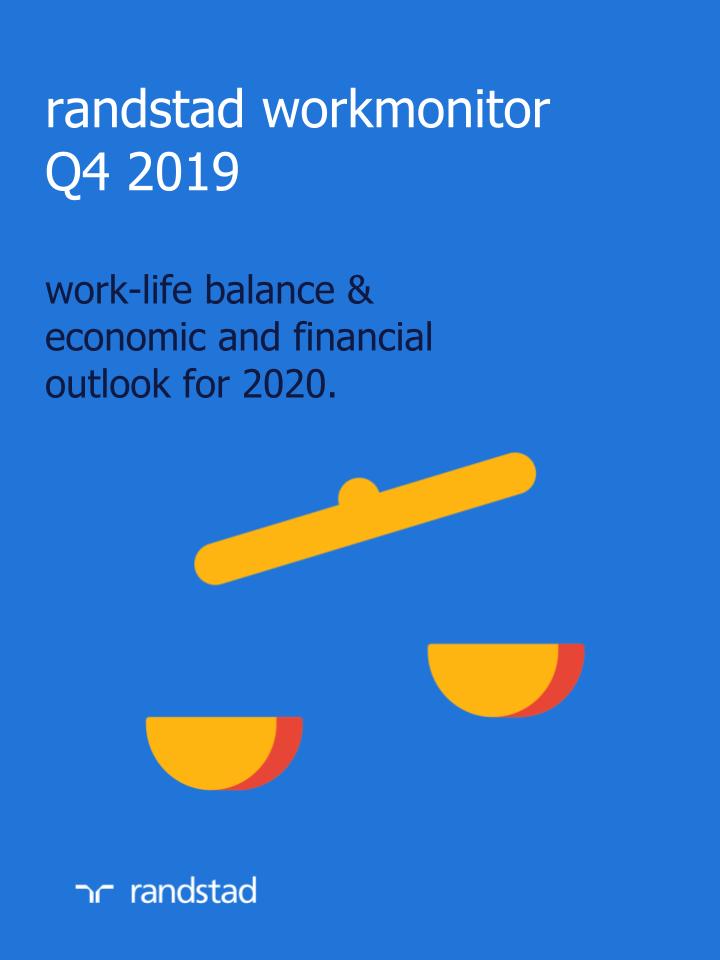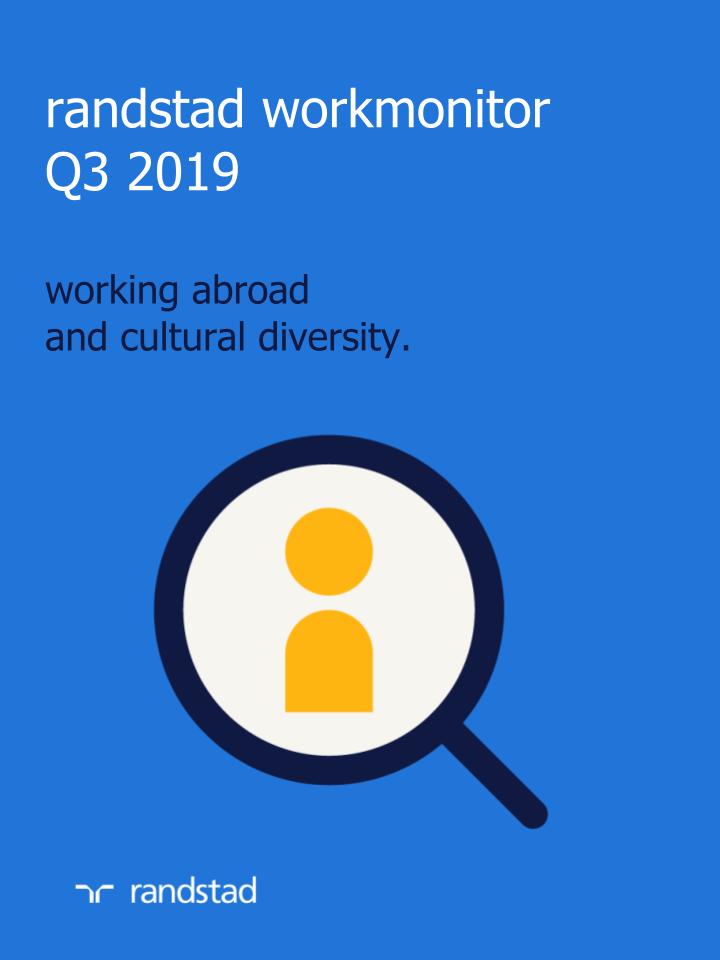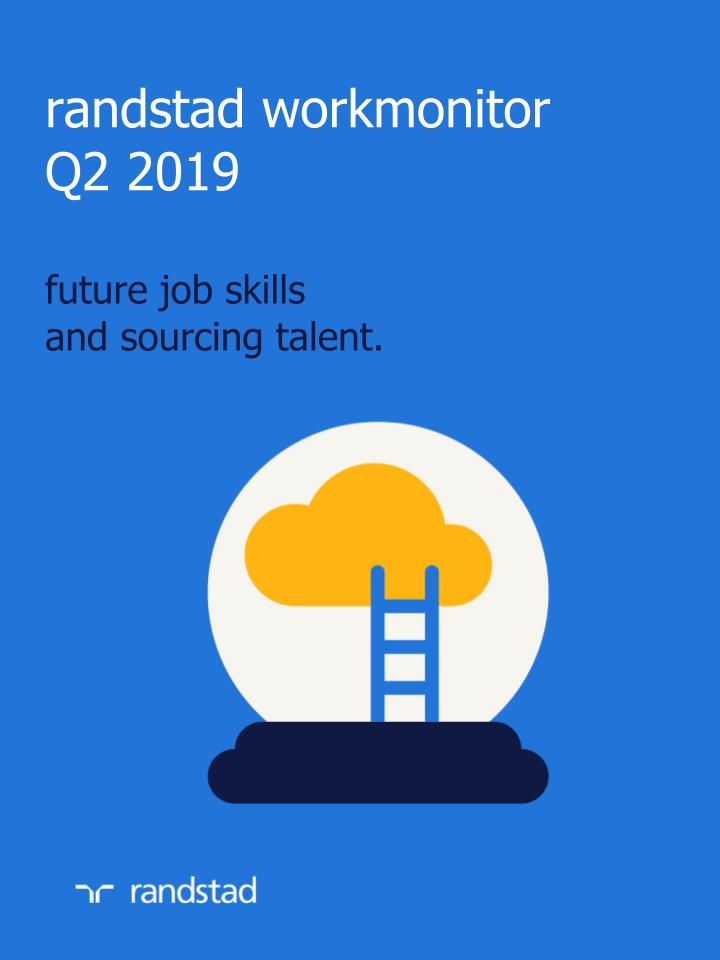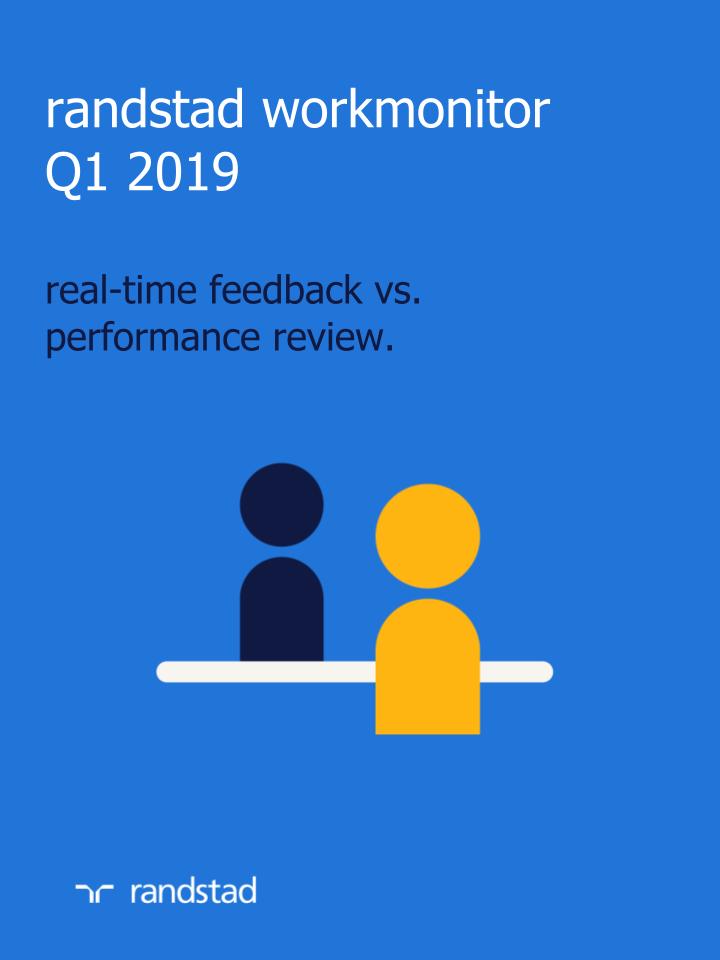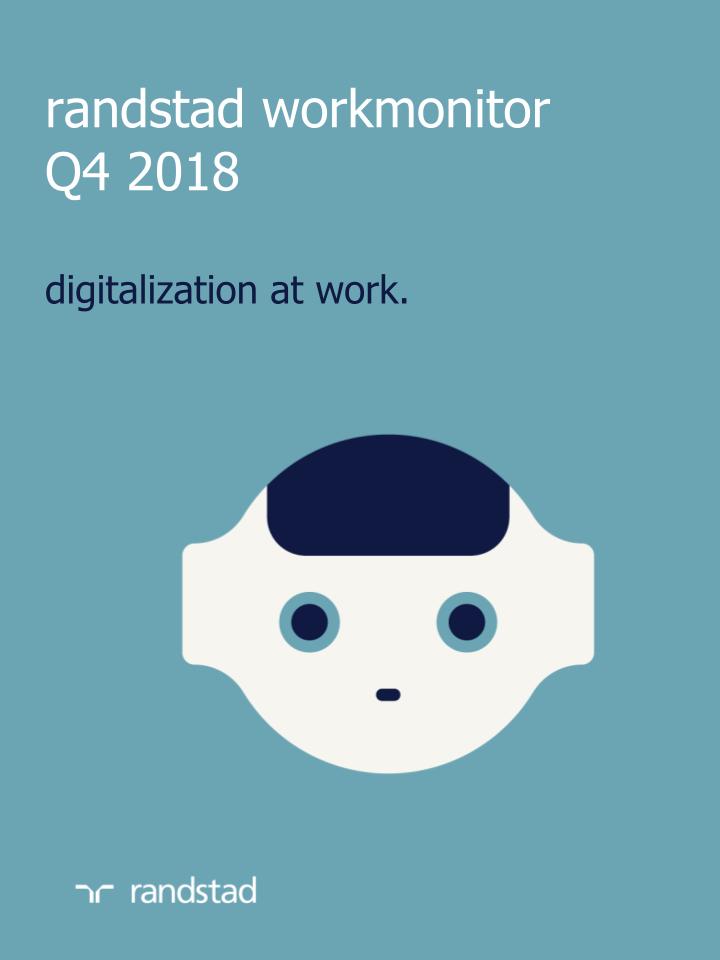a new mission for employers.
Our Workmonitor 2025 report shows that a new workplace baseline is emerging - where success is defined not just by what we do, but by why we do it, how we do it and who we do it with. This delivers a clear new mission for employers.
explore the themes for 2025.
-
motivated by personalization — why we do it.
Work today is about more than just a paycheck. Talent globally are looking for workplaces that align with their personal values, aspirations and circumstances.
Almost a third of talent have quit a job because they disagreed with the views of leadership and a similar number have left due to a lack of personal development or progression opportunities.
And for the first time in Workmonitor’s 22-year history, work-life balance surpasses pay as the leading motivator. Compensation is still important, but talent are more focused than ever on finding other ways to feel fulfillment.
-
fostering a sense of community — who we do it with.
Finding a sense of belonging at work is not only desirable for talent. More than eight in 10 say it also improves their performance and workplace wellbeing. Many are now seeking a sense of purpose and connection in their professional lives.
However, 63% report hiding aspects of themselves at work (up from 55% the year before), and 44% have quit a job due to a toxic working culture.
And while talent are clear on the value of workplace equity, 59% say their organization is not doing enough on this front.
-
gaining opportunities through skilling — how we are doing it.
Technological advancements — particularly in AI — are reshaping the future of work at pace. Talent are conscious of this with 44% saying they would not accept a job that did not offer chances to develop future-ready skills.
While 64% believe employers have improved support for skilling, workers are increasingly taking ownership: 35% are willing to upskill themselves, though 39% still view reskilling as primarily the employer’s responsibility.
Gaps persist between desire for training and those receiving it. Younger talent and managers are reaping the greatest benefits, but given systemic talent scarcity, organizations must ensure skilling opportunities reach all talent.
our global reach.
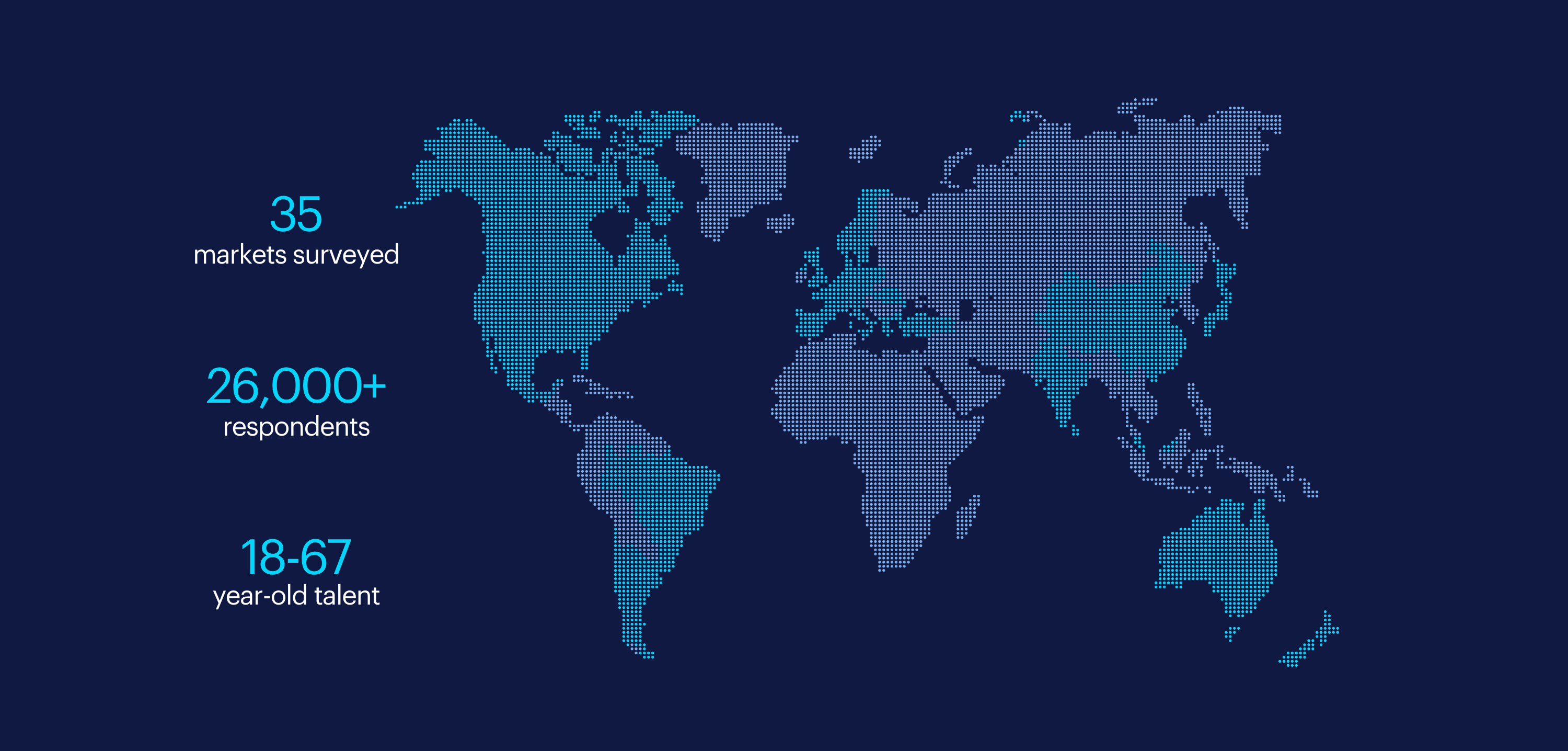
key findings at a glance.
